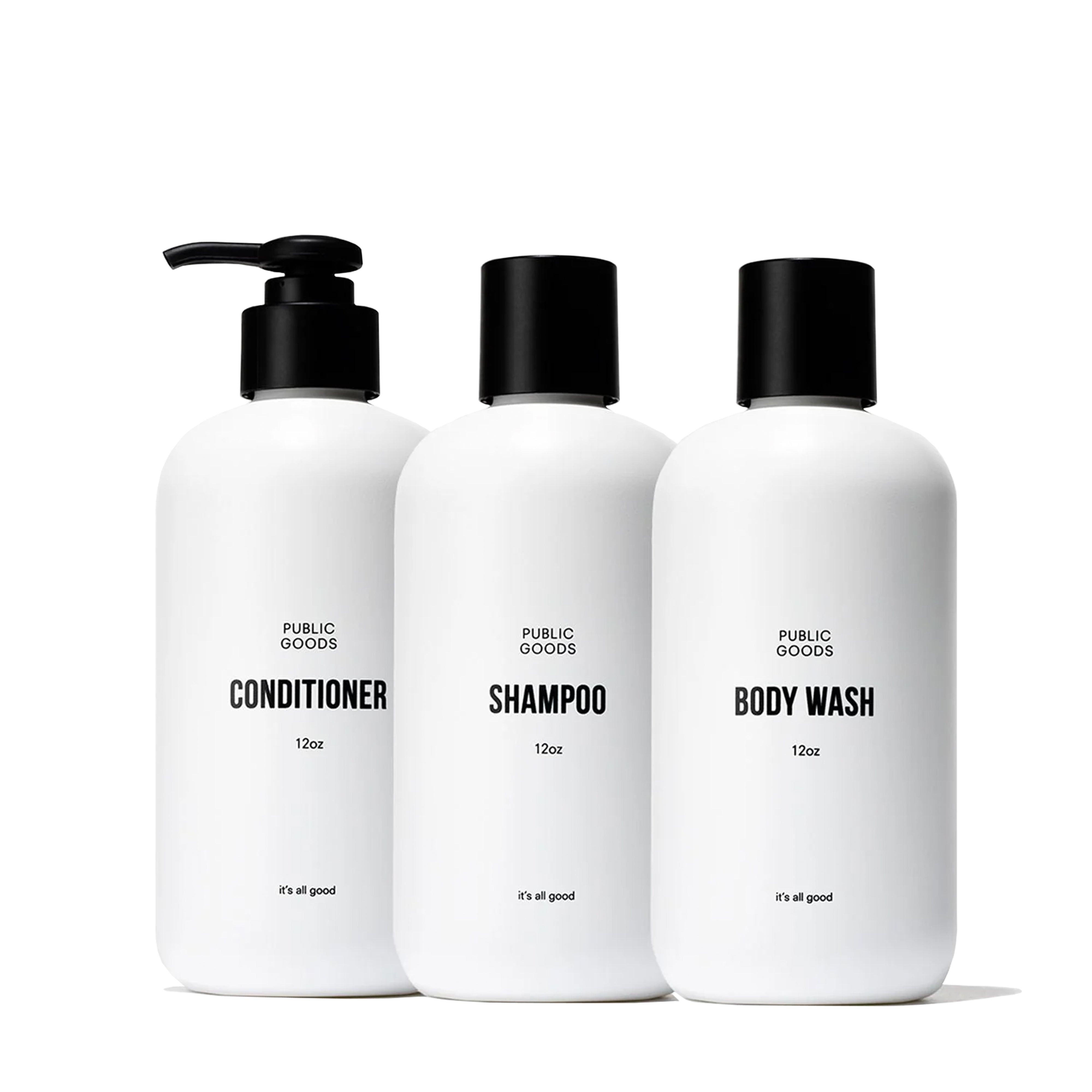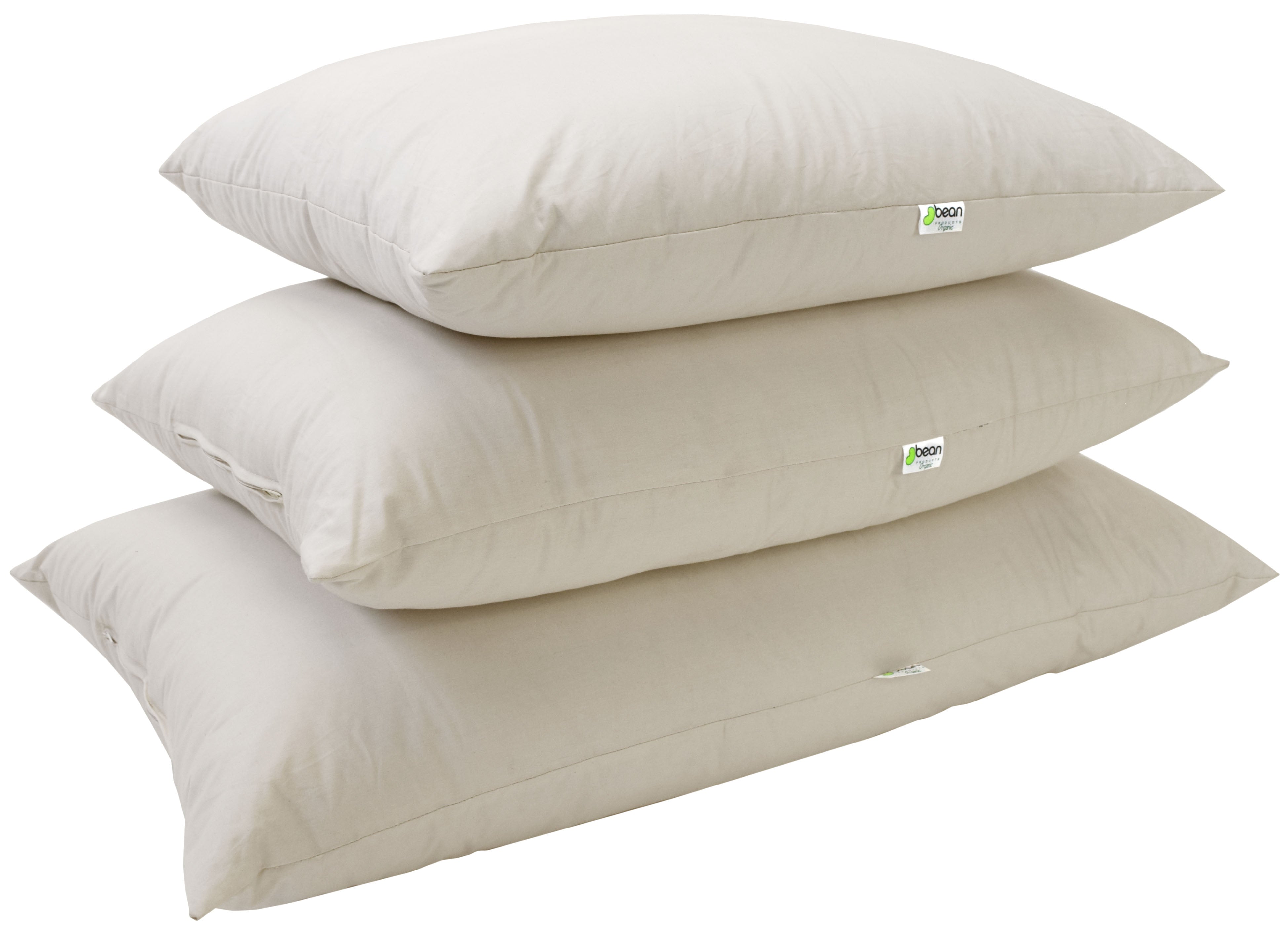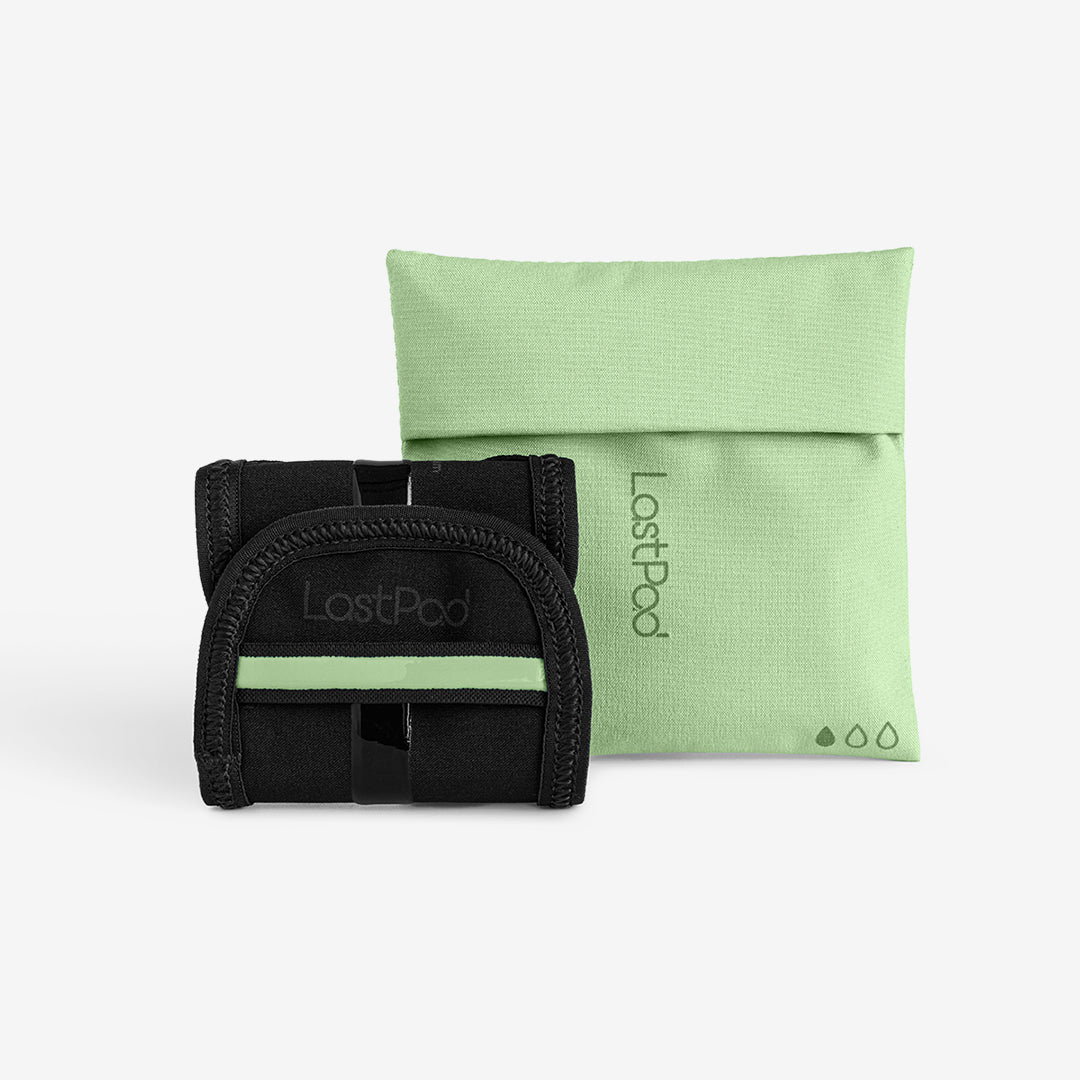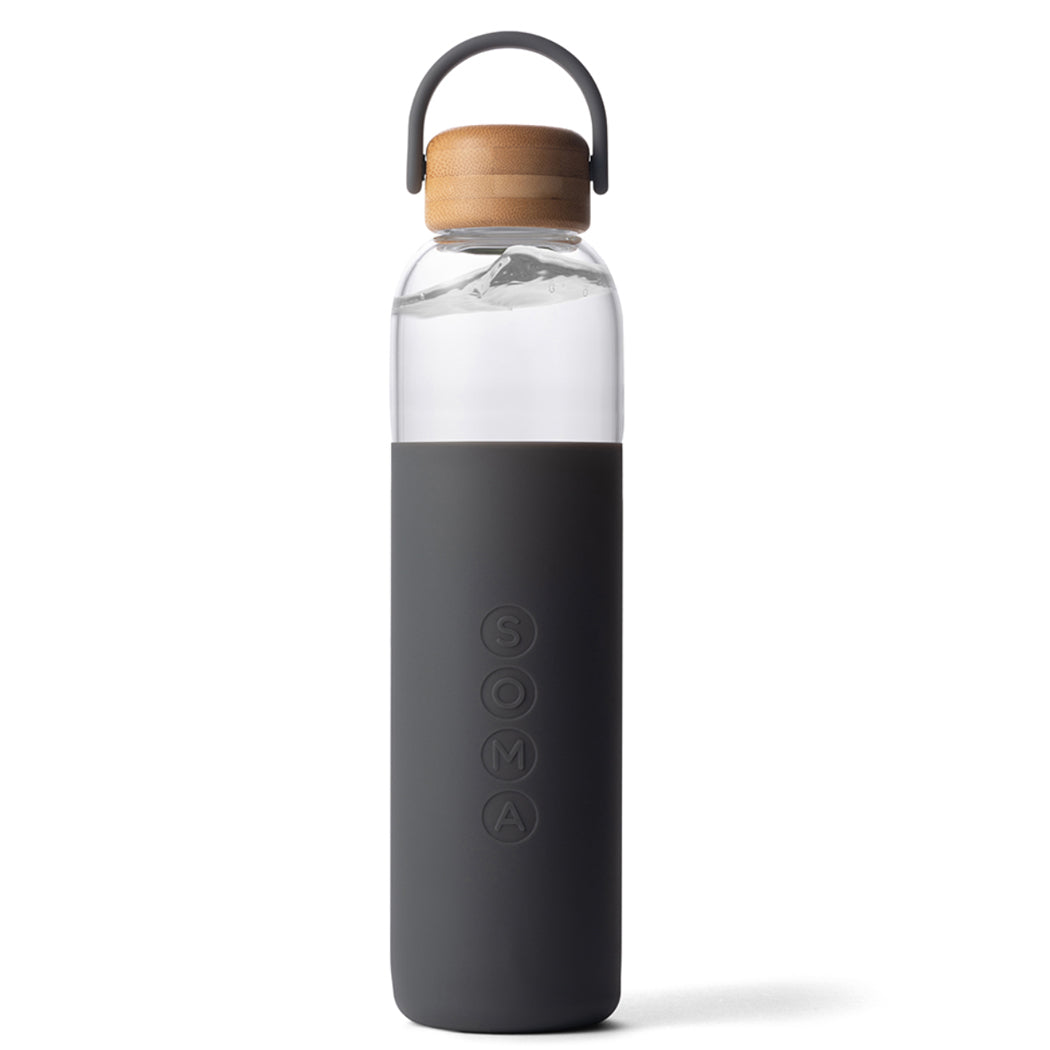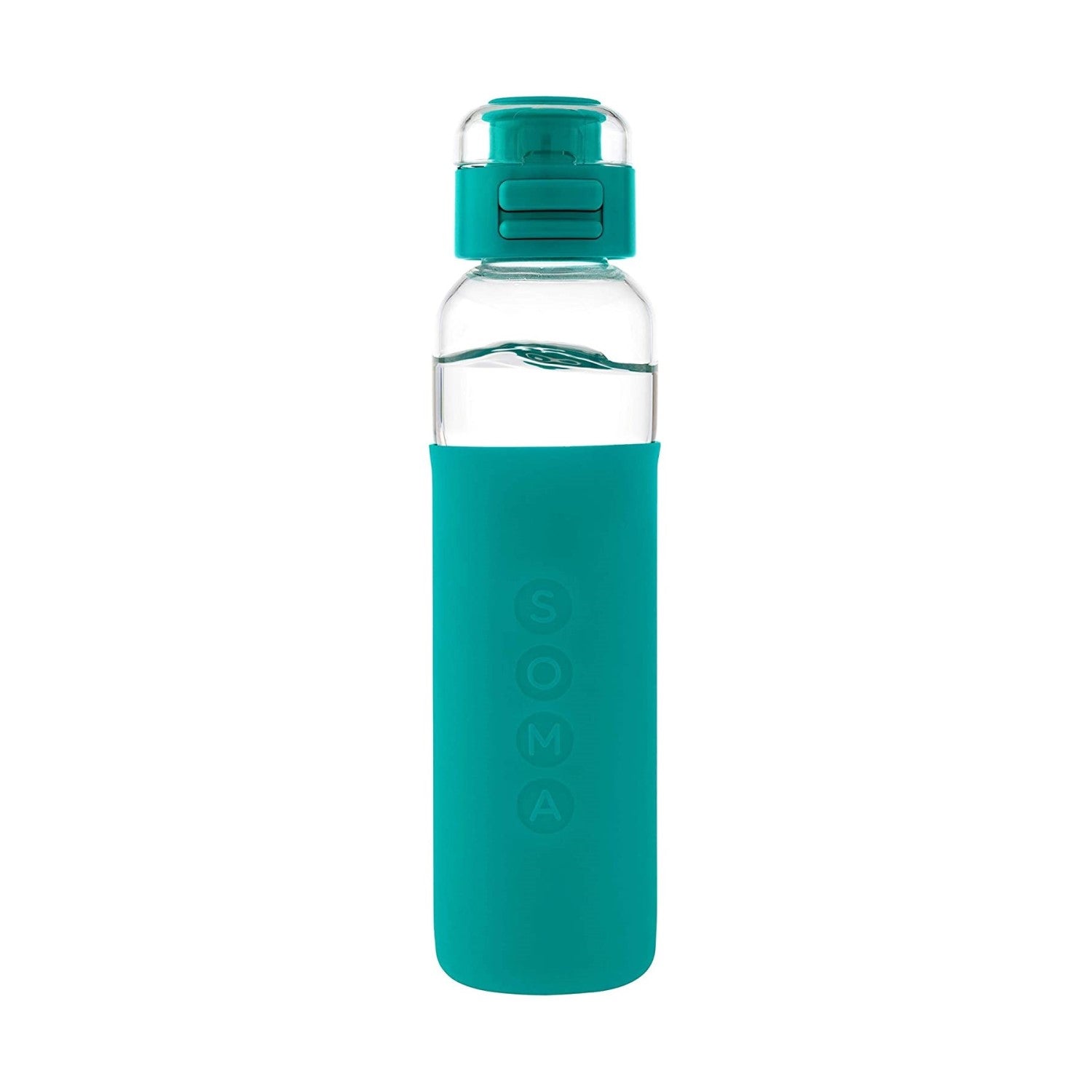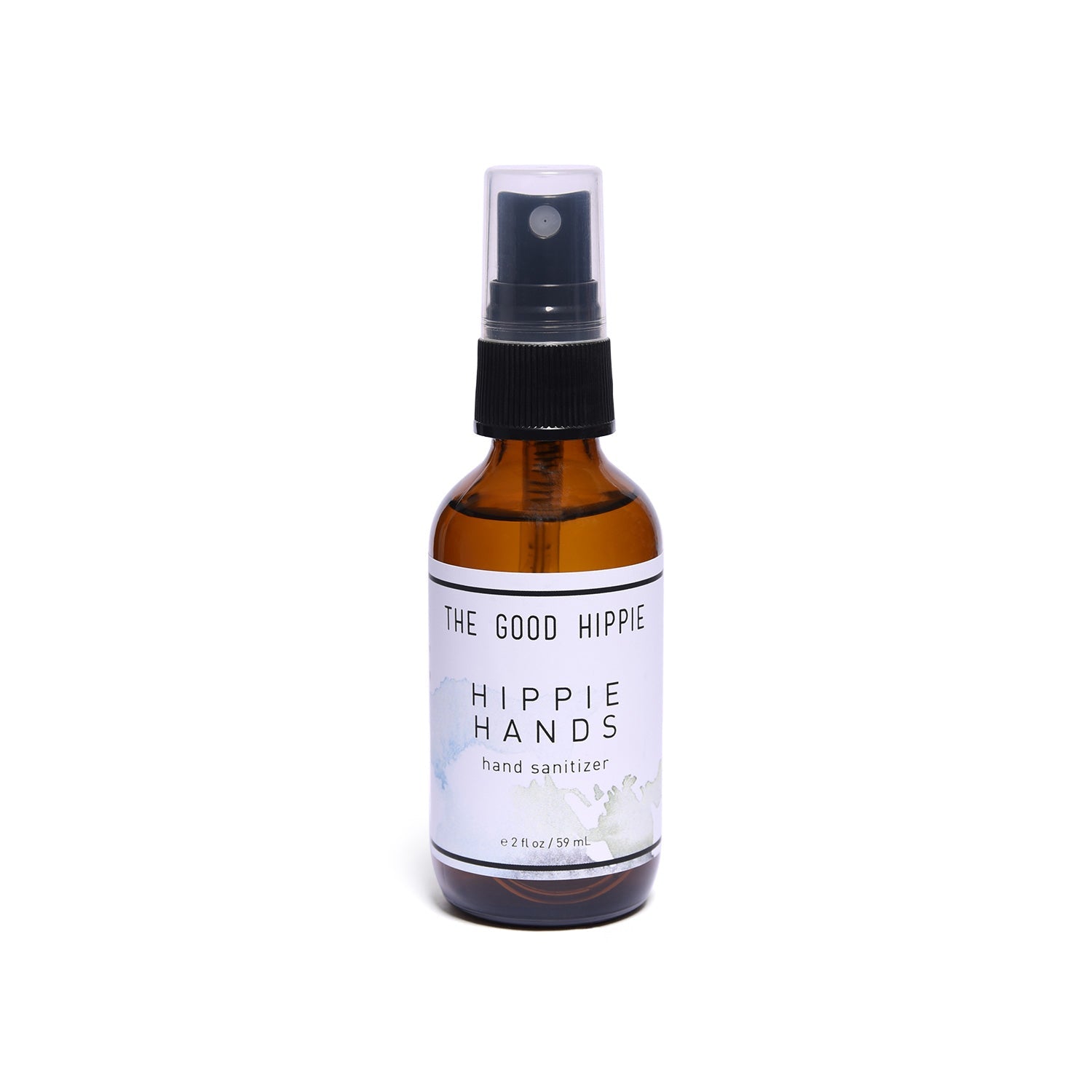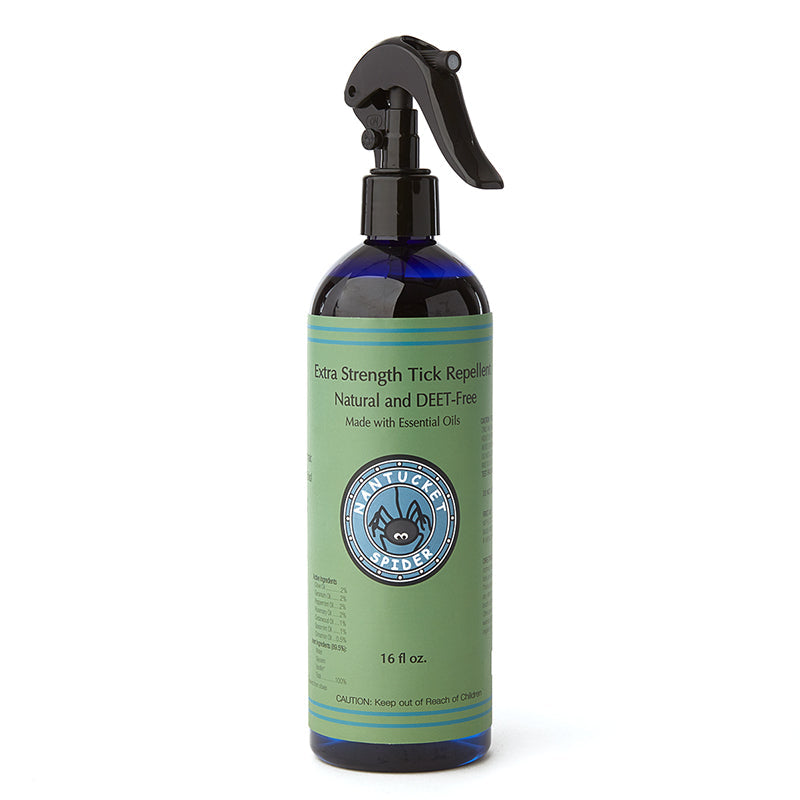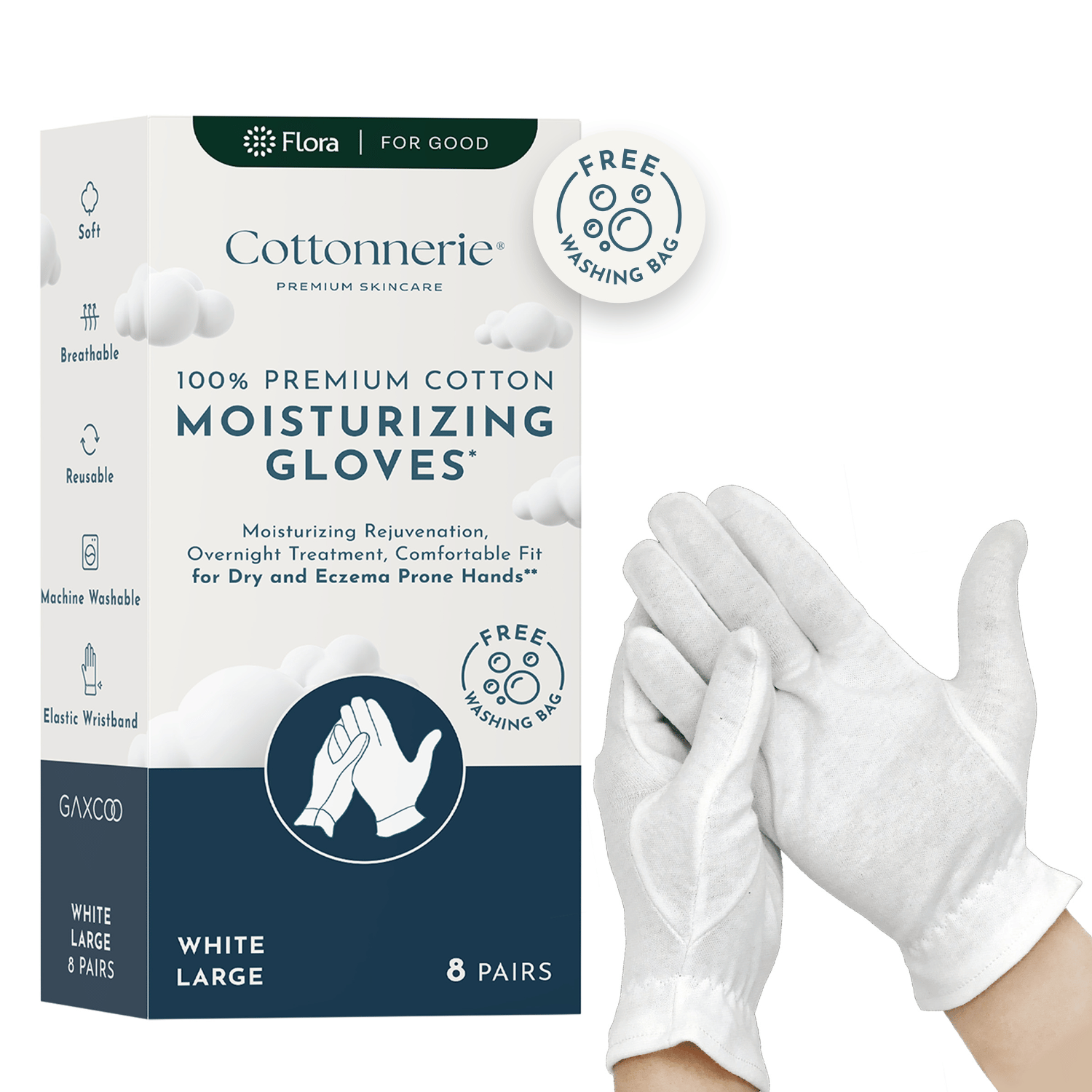Health & Wellness
Less Is More: How Minimalism Enhances Mental Wellbeing
October 08, 2024
Mia Danielle
Yarkın Tepe
5 min

In an era where consumerism is at its peak and mental health often wavers, minimalism emerges not just as a fleeting trend, but as a profound lifestyle choice with the potential to significantly enhance mental wellbeing. But what does it mean to live minimally, and can this simplicity truly influence our mental health in a positive way?
Understanding Minimalism
At its core, minimalism is about stripping away the non-essential to focus on what’s truly important. This lifestyle choice advocates for less physical clutter, fewer distractions, and a more straightforward approach to daily living. Originating in the visual arts as a movement that emphasized simplicity and uniformity, minimalism has now permeated various aspects of culture and lifestyle, advocating for a life with fewer possessions but richer experiences.
The Clutter-Mental Health Connection
The connection between the clutter that fills our spaces and the stress we carry is undeniable. Psychological studies have shown that excessive physical clutter can exacerbate feelings of tension and anxiety. The constant visual reminders of disorganization can lead to a scattered focus and an ongoing sense of chaos. This “visual noise” competes for our attention, draining our cognitive resources and leaving us fatigued.
Benefits of Minimalism on Mental Health
The mental health benefits of adopting a minimalist lifestyle are profound and numerous. Firstly, the process of decluttering itself can be therapeutic. Letting go of unnecessary items can reduce stress and provide a sense of control and accomplishment. With fewer physical items to manage, minimalists often experience a decrease in anxiety, finding themselves more relaxed and focused.
Moreover, minimalism enhances mental clarity and concentration. With fewer distractions, the mind is better able to process information and remain attentive. This clarity can lead to greater productivity and a deeper sense of satisfaction in one’s activities.
Additionally, minimalism can improve decision-making. With fewer choices to make about what to use or consume, there is less decision fatigue. This conservation of mental energy can be redirected towards more creative and fulfilling pursuits, enhancing overall life satisfaction.
Real-Life Examples
Consider the story of Emily, a graphic designer who turned to minimalism to combat her overwhelming stress and persistent anxiety. By systematically reducing her possessions and commitments, she found not only a tidier living space but also a clearer mind. “Adopting minimalism was like lifting a mental burden I didn’t know I was carrying,” Emily shares. “It’s simplified my routines and decisions, allowing me to focus on my passion for art and spend more quality time with loved ones.”
How to Embrace Minimalism
Interested in exploring minimalism? Start by decluttering your living and workspaces. Keep only what you need or truly cherish. Try to apply the same principles to your digital life by cleaning up your digital storage and limiting unnecessary screen time.
Remember, minimalism is not about living with the bare minimum or depriving yourself; rather, it’s about making room for more of what matters. Whether it’s peace of mind, relationships, or hobbies, minimalism can help clear the way for a more fulfilling life.
Conclusion
In a world where 'more' is often seen as synonymous with 'better,' minimalism cuts through the noise, showing us that less can indeed be more. By fostering an environment of less clutter and distraction, we open the door to enhanced mental health and well-being. As we simplify our surroundings, we pave the way for clearer thinking, deeper focus, and an overall happier life.
Daily Deals
See All ProductsBest Sellers
Most Popular
Explore and shop the most popular products. Updated frequently!

5 min
National Coffee Day: Celebrate Conscious Coffee Consumption with Flora
In today's world, where sustainability is more than a trend but a necessity, Flora is proud to spotlight a selection of eco-friendly products designed to enhance your daily coffee ritual while caring for the planet.

6 min
Sustainable Living Guide #13: Sustainable Building and Renovation
Undecided with Matt Ferrell
Sustainable building and renovation represent a transformative approach to construction and home improvement that prioritizes environmental responsibility, resource efficiency, and the health of occupants.

5 min
Beach Day, the Eco Way: Must-Have Products from Flora!
From innovative sun protection options to stylish, sustainable beach gear, each product in our lineup adheres to Flora's commitment to sustainability and health. Our selection ensures you'll be well-prepared, environmentally conscious, and effortlessly chic.

5 min
How to Reduce Plastic Use in Daily Life
TED-Ed
Plastic pollution has become one of the most pressing environmental issues of our time, as vast amounts of plastic waste end up in our oceans, landscapes, and even our food chain. Every year, millions of tons of plastic are produced with a significant portion destined for single-use products that quickly become waste.

5 min
Sustainable Living Guide #11: Sustainable Travel and Tourism
Eco-friendly tourism is crucial due to its reduced environmental impact compared to traditional travel, which often contributes to significant carbon emissions and ecological degradation. By choosing sustainable travel options, tourists can help preserve local ecosystems and support conservation efforts.

6 min
The Benefits of Minimalism and How to Live More Sustainably
The Minimal Mom
Minimalism is more than just an aesthetic or a trend—it is a conscious choice to simplify life by focusing on what is essential. At its core, minimalism is about stripping away the unnecessary, leaving room for what truly adds value to our lives.

4 min
Sustainable Living Guide #10: Sustainable Technology
In this episode of Sustainable Living Guide, we explore how technology intersects with sustainable living offering innovative solutions that reduce environment. Sustainable technology refers to the design and application of devices, systems and services that promote resource efficiency and environmental responsibility.

4 min
10 Easy Eco-Friendly Swaps for a Greener Home
Transitioning to a greener home doesn’t have to be daunting. Small, manageable changes can accumulate to create significant environmental benefits. This blog post will explore 10 easy swaps that any family can implement to make their home more eco-friendly.

5 min
Find Your Zen: Eco-Friendly Products for International Relaxation Day
Taking a moment to pause and rejuvenate isn't just a luxury—it's essential for maintaining our well-being. International Relaxation Day invites us all to slow down and indulge in practices that restore our mind, body, and spirit.

